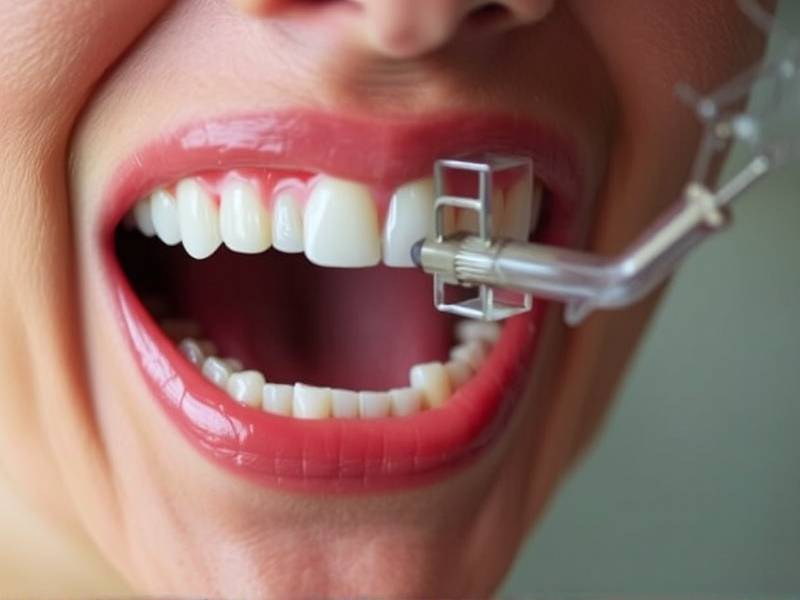Does Quitting Smoking Really Make Your Teeth Hurt? The Truth About Oral Health Changes
Does Quitting Smoking Really Make Your Teeth Hurt? The Truth About Oral Health Changes
Introduction: Quitting smoking is a significant step towards improving overall health, but many smokers worry about the potential oral health changes that may occur after quitting. One common concern is whether quitting smoking can lead to tooth pain. In this article, we will explore the truth about oral health changes and whether quitting smoking really makes your teeth hurt.
Understanding Oral Health Changes After Quitting Smoking

-
Gum Health Improvement When you quit smoking, your gums have a chance to heal and improve their health. Smoking can lead to gum disease, which causes inflammation and bleeding of the gums. By quitting, you reduce the risk of gum disease and promote healthier gums.

-
Tooth Stain Reduction One of the most noticeable changes after quitting smoking is the reduction in tooth stains. Tar and nicotine in cigarettes can cause yellowing of the teeth over time. Quitting smoking helps remove these stains, leading to whiter teeth.
-
Saliva Flow Improvement Smoking can reduce saliva flow, which is essential for maintaining oral health. With increased saliva production after quitting, your mouth becomes more hydrated, reducing the risk of tooth decay.
The Myth of Tooth Pain After Quitting Smoking
Many smokers believe that tooth pain may occur when they quit smoking due to withdrawal symptoms or changes in oral chemistry. However, scientific research has not found a direct link between quitting smoking and tooth pain.
-
Withdrawal Symptoms While withdrawal symptoms from quitting smoking may include headaches or general discomfort, there is no evidence to suggest that these symptoms specifically manifest as tooth pain.
-
Oral Chemistry Changes Changes in oral chemistry after quitting smoking are typically positive for dental health but are unlikely to cause tooth pain.
Tips for Maintaining Oral Health After Quitting Smoking
-
Regular Dental Check-ups Schedule regular dental appointments to monitor your oral health and address any concerns promptly.
-
Good Oral Hygiene Practices Brush your teeth at least twice a day with fluoride toothpaste and floss daily to remove food particles and plaque.
-
Avoid Harmful Substances Be cautious about consuming substances that can stain your teeth or harm your gums, such as excessive alcohol or sugary drinks.
Conclusion: Quitting smoking has numerous benefits for overall health, including improved oral health. While concerns about tooth pain after quitting may arise, there is no evidence to support this myth. By maintaining good oral hygiene practices and visiting your dentist regularly, you can enjoy better dental health as you embark on your journey towards a smoke-free life.
